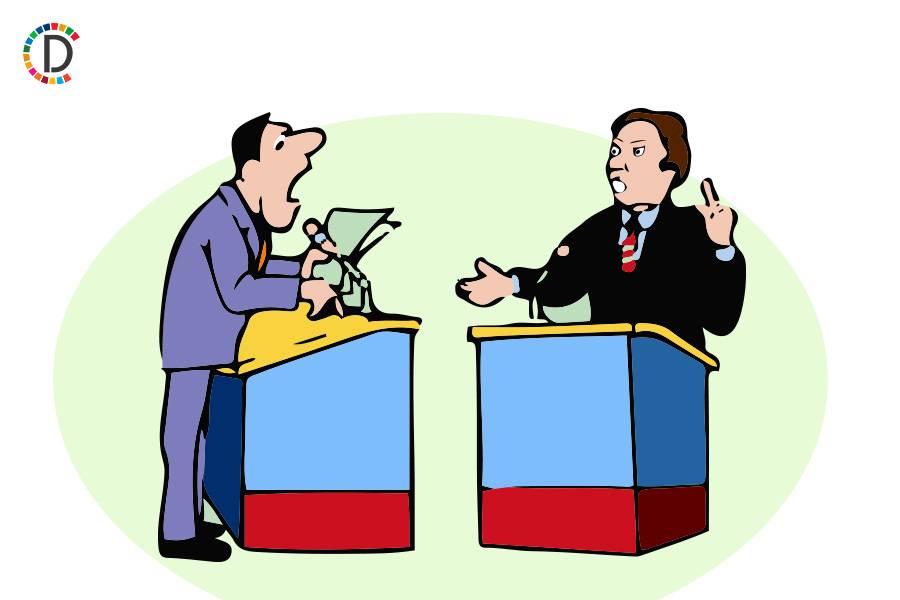Russian poetry prize bans entries from transgender people
Russia last year banned gender change surgery and hormone therapy and barred trans people from adopting or fostering children. It was not immediately clear why transgender people had been excluded from Tver's poetry competition, which is named for a local Soviet-Russian poet and gives out two main awards a year for works of "undeniable artistic merit" and "universal moral values".

A Russian poetry competition has banned transgender people from submitting entries this year, in what it says is an effort to protect traditional values.
The Andrei Dementyev All-Russian Poetry Prize, organised by the government of western Russia's Tver region, accepts applications until late April from poets "regardless of citizenship, nationality, profession and place of residence". But the competition explicitly bars "citizens who have changed their gender", according to rules posted on the website of a local poetry organisation.
The competition organisers said the move was an effort to "preserve the ideas of marriage, family, motherhood, fatherhood and childhood that are traditional for Russian society". Under President Vladimir Putin, Russia has engaged in a widespread crackdown on LGBTQ rights, portraying them as a Western invention that threatens traditional Russian values.
Russia has designated what it calls "the international LGBT social movement" as extremist and those supporting it as terrorists, opening up avenues to pursue serious criminal cases against LGBT people and their advocates. Transgender people in particular have seen their rights stripped away. Russia last year banned gender change surgery and hormone therapy and barred trans people from adopting or fostering children.
It was not immediately clear why transgender people had been excluded from Tver's poetry competition, which is named for a local Soviet-Russian poet and gives out two main awards a year for works of "undeniable artistic merit" and "universal moral values". Previous competitions did not stipulate a ban on trans participants, Russian independent news outlet Mediazona said.
The prize organisers did not immediately reply to a Reuters request for comment. (Reporting and writing by Lucy Papachristou; Editing by Mark Trevelyan and Gareth Jones)
(This story has not been edited by Devdiscourse staff and is auto-generated from a syndicated feed.)










